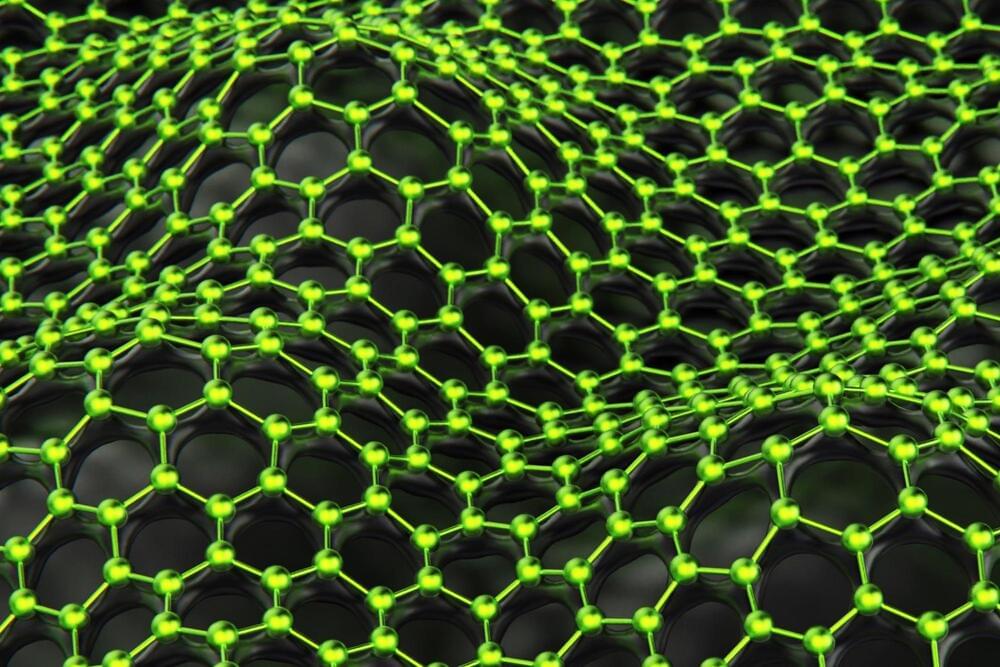Magnetene could have useful applications as a lubricant in implantable devices or other micro-electro-mechanical systems.
A team of researchers from University of Toronto Engineering and Rice University have reported the first measurements of the ultra-low-friction behaviour of a material known as magnetene. The results point the way toward strategies for designing similar low-friction materials for use in a variety of fields, including tiny, implantable devices.
Magnetene is a 2D material, meaning it is composed of a single layer of atoms. In this respect, it is similar to graphene 0, a material that has been studied intensively for its unusual properties — including ultra-low friction — since its discovery in 2004.
